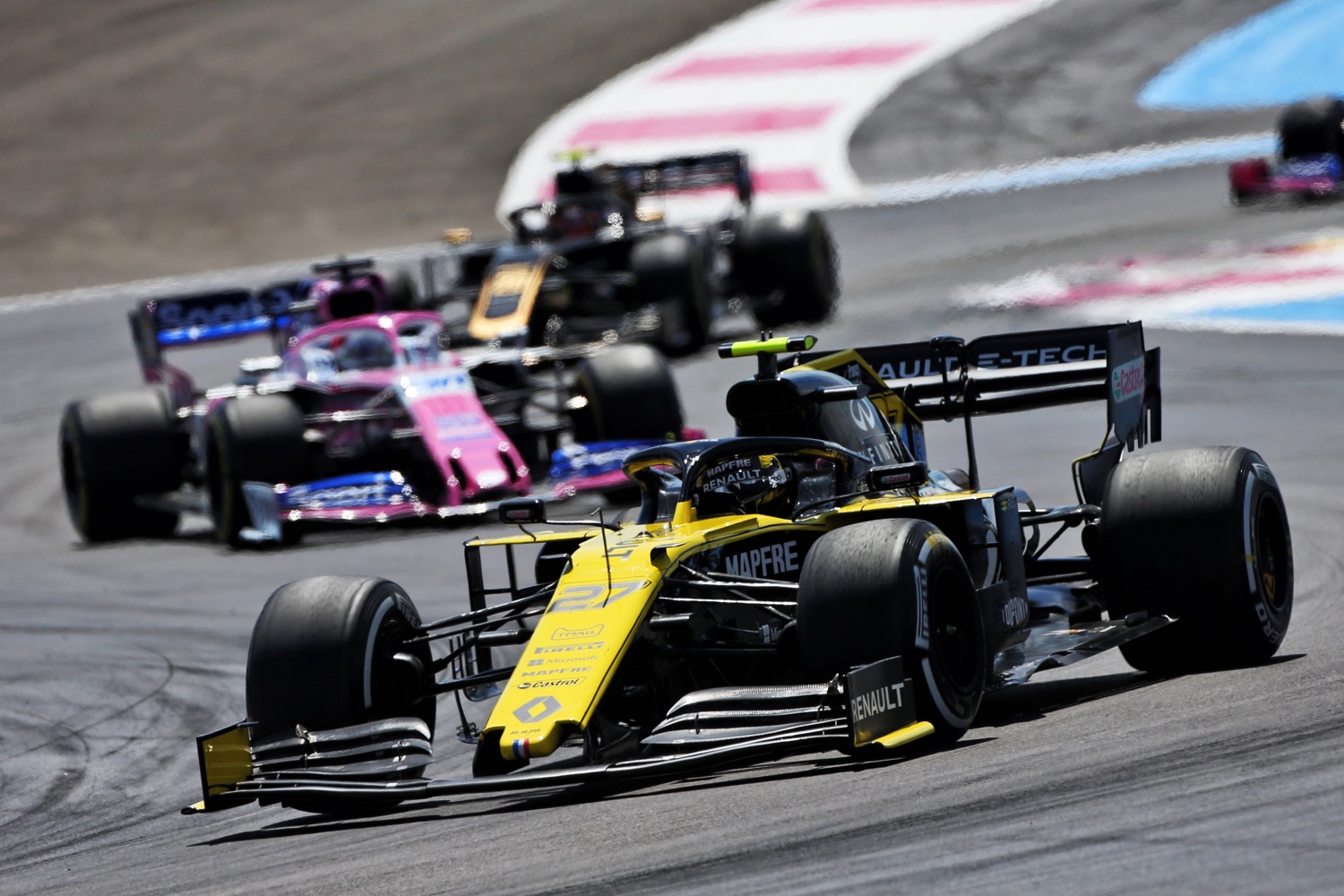
Formula One has made significant improvements in fuel efficiency with mandatory hybrid powertrains, but the race series wants to go even further. F1 wants to go carbon neutral by 2030. The series won’t go all-electric like Formula E, but plans to further decrease fuel consumption from its hybrid powertrains and undertake other projects to reduce emissions.
“We believe F1 can continue to be a leader for the auto industry and work with the energy and automotive sector to deliver the world’s first net zero carbon hybrid internal combustion engine,” F1 Chairman Chase Carey said in a statement.
Sticking with hybrid powertrains means F1 cars will continue to burn fossil fuels, meaning they will still produce carbon emissions. Carey’s use of the term “net zero” means the engine’s emissions may be offset by carbon reductions in other areas. Carbon offset projects, such as planting trees or investing in renewable energy, are becoming a popular option for companies that can’t completely eliminate emissions from their operations. Lyft has used carbon offsets to claim that its ridesharing service is carbon neutral, and Volkswagen plans to use a similar approach to cancel out carbon emissions from its cars.
The tailpipe emissions of the 20 race cars that make up the F1 grid are just one part of the problem, though. To achieve net zero carbon emissions, the series will also adopt “ultra efficient logistics and travel, and 100% renewably powered offices and factories,” according to an F1 press release.
By 2025, F1 wants all of its events to be “sustainable.” The series has pledged to eliminate single-use plastics at races, and to ensure that all waste is recycled or composted. F1 will also provide “incentives and tools” to give fans “a greener way to reach the race.” That could be a challenge, as racetracks are typically located in rural areas far from access to public transit.
F1 is in the midst of a major overhaul. In 2021 the series will launch sleeker-looking new cars that are also designed to be able to race each other more closely. F1 is also introducing cost caps in an attempt to close the gap between the wealthiest teams and the rest of the field.
Editors' Recommendations
- Insta360 cameras take a speedy ride around Monaco’s F1 track
- Formula One teams are using racing tech to tackle coronavirus
- McLaren applies F1 tech to health care, air-traffic control, Wi-Fi, and athletics


